The Court of Arbitration for Sport (CAS) has dismissed the appeal filed by Italian racewalker Alex Schwazer against the decision taken by the Athletics Integrity Unit (AIU) of World Athletics (WA) on 10 November 2023 (the Challenged Decision) in which his application, pursuant to Rule 10.7.1 (a) of the World Athletics Anti-Doping Rules (WA ADR), to suspend the eightyear period of ineligibility,starting from 11 August 2016, imposed on him for hissecond doping offence was rejected.
WA denied the Athlete’s “Substantial Assistance Application” following the negative assessment issued by the World Anti-doping Agency (WADA) in relation to this matter.
The Challenged Decision is confirmed, and the period of ineligibility imposed on Alex Schwazer remains in force.
Rule 10.7.1 (a) of the WA ADR enables athletes serving a period of ineligibility to apply for the suspension of part of such period upon provision of substantial assistance in discovering or establishing other anti-doping rule violations.
The CAS Panel has issued the operative part of its decision. The reasoned award will be notified to the parties in due course and published by CAS unless the parties request confidentiality.
Luguelín Santos has been banned by the Athletics Integrity Unit (AIU) for three years for age-manipulation violations at the IAAF World Junior Championships (Barcelona 2012); his three-year period of ineligibility running from 11 March 2023 to 10 March 2026.
The Dominican Republic athlete – the 400-metre gold medallist at the event (now known as the World Athletics U20 Championships) – admitted to competing in the 2012 age-group championships with a passport showing a falsified date of birth – 12 November 1993 – when in fact he born on that date in 1992. Thus, he was ineligible to participate in the World Juniors 2012 which, based on the 2012 Competition Rules, required junior athletes to be aged 18 or 19 on 31 December of the competition year.
“Our ongoing investigations have been unearthing a disturbing level of cheating, through age manipulation, which has distorted results of junior athletics competitions at the highest level. In this instance, a World Junior champion was wrongfully crowned, and the rightful winner was denied his moment of glory,” noted AIU Head Brett Clothier.
“Beyond that, age manipulation is challenging us to confront serious issues, including embedded cultures which are teaching youth inappropriate values, as well as providing the means for athletes’ ages to be altered in national documents, and ultimately celebrating ill-gotten victories. The AIU stands firmly against such actions and will pursue all such alleged violations vigorously.”
Santos, now aged 31, was charged with three violations of the World Athletics (formerly IAAF) Competition Rules 2012-2013: Rule 141 (participating whilst not eligible); Rule 9.6 (engaging in corrupt practices in relation to Athletics) and Rule 9.10(c) (failing to report any approaches or invitations to engage in conduct that would amount to a violation of Rule 9). He was also charged with violating Articles C.4 and C.6 of the IAAF Code of Ethics, in force from 1 May 2012, by engaging in corrupt practices relating to the sport of Athletics under Rule 9 of the Competition Rules. His fifth charge related to violating the Integrity Standard set out in Section 3.3.1 of the World Athletics Integrity Code of Conduct, in force from 3 April 2017, for failing to act with utmost integrity and honesty at all times in entering International Competitions from 3 April 2017 onwards using a falsified document.
From 2010 to 2017, Santos declared 1993 as his birth year for competitions. However, in February 2018, he declared his birthdate was 12 November 1992, based on a passport issued in 2018. The athlete continued using his 1992 birthdate throughout 2018. A 1992 birthdate meant that on 31 December 2012, Santos would have been 20 years old and thus ineligible to compete as a “junior” at the World Junior Championships 2012. When confronted with this assertion by the AIU, the athlete revealed that, on instructions, he had obtained a ‘special passport’ issued by the Dominican authorities which gave his date of birth as being 12 November 1993, contrary to his actual date of birth of 12 November 1992. Santos also told the AIU that he had been directed to use the ‘special passport’ with the false birth year (1993) for competitions, but the genuine passport (birth year 1992) for all other official purposes.
Santos admitted using the ‘special passport' for entry into the World Junior Championships 2012 though he was over-age and ineligible and provided supporting documentation to the AIU to verify his claim. On 8 July 2022, the AIU provisionally suspended Santos and, on 22 December 2022, issued him with a Notice of Charge regarding the alleged violations.
On 13 January 2023, Santos signed an admission and acceptance form regarding the violations in the Notice of Charge and, on 28 June 2023, the athlete further confessed to participating in a competition whilst ineligible on 11 March 2023. The three-year period therefore starts anew on the date of his participation whilst ineligible, i.e. on 11 March 2023, and will now end on 10 March 2026. He has accepted these consequences and waived his right to have them determined by the Disciplinary Tribunal at a hearing.
While this sanction disqualifies Santos’ gold-medal result at the World Junior Championships in July 2012, it does not affect the silver medal which he claimed in the 400 metres at the London 2012 Olympic Games the following month.
“This historic case was adjudicated under Rule 22.2 of the IAAF Competition Rules 2012- 2013 which states the athlete shall be disqualified from the competition and forfeit any titles or other awards from that competition,” explained Clothier.
“However, unlike with sanctions for doping violations, there was no 2012 rule that provided for the disqualification of future results in age-eligibility cases, so there is no basis on which to annul his Olympic result as that was not an age-group event and no violation was committed there.”
Additionally, he pointed out that Santos’ three-year sanction was determined under the relevant Competition Rule in 2012 (Rule 9) which provided for a range of sanction between two and four years. The AIU sought a four-year ban which was reduced to three years when Santos promptly admitted the charges.
Regarding the delay in announcing Santos’ sanction, Clothier disclosed this was due to ongoing investigations of third-party involvement in this matter, notably relating to the procurement of the ‘special passport’ for Santos.
A panel of the Disciplinary Tribunal, by majority decision, has today found that Tobi Amusan has not committed an Anti-Doping Rule Violation (ADRV) of three Whereabouts Failures within a 12-month period.
AIU Head Brett Clothier has indicated the Athletics Integrity Unit (AIU) is disappointed by this decision and will review the reasoning in detail before deciding whether to exercise its right of appeal to the Court of Arbitration for Sport (CAS) within the applicable deadline. The decision is currently confidential but will be published in due course.
Amusan’s provisional suspension has now been lifted with immediate effect.
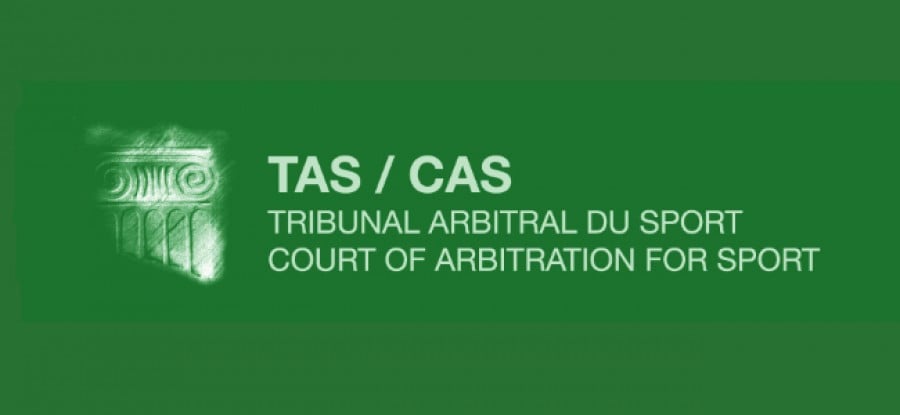
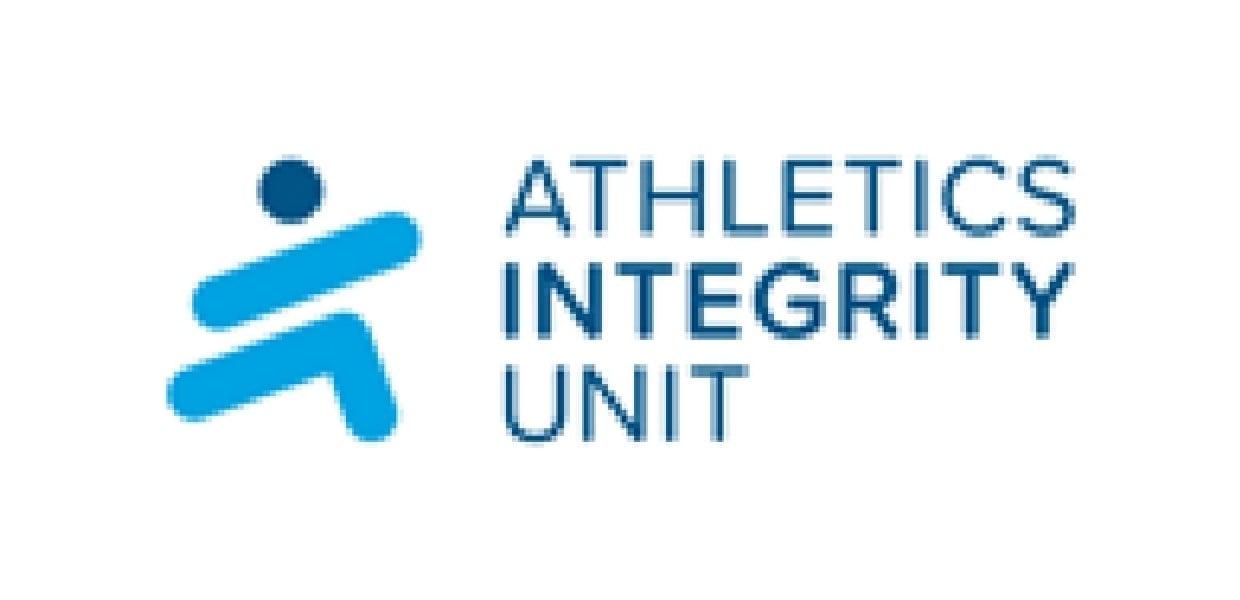
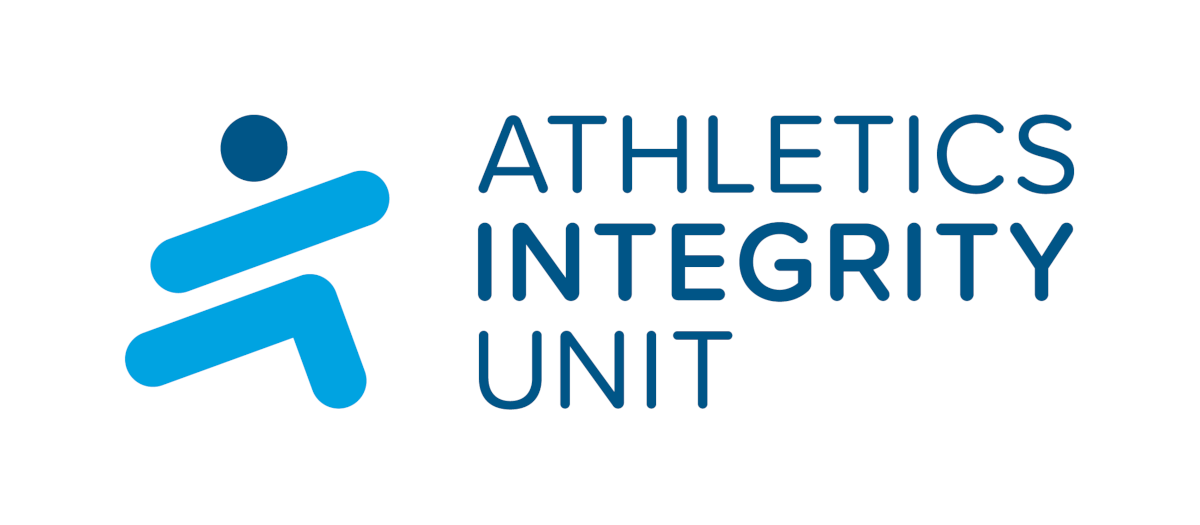


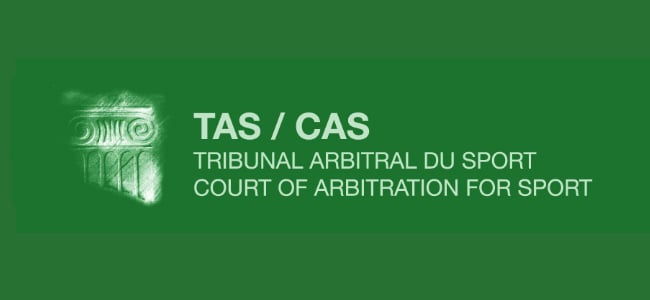
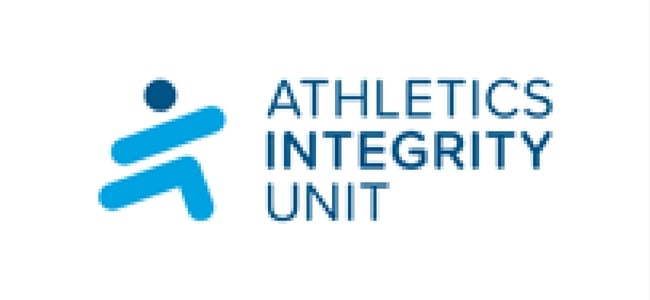

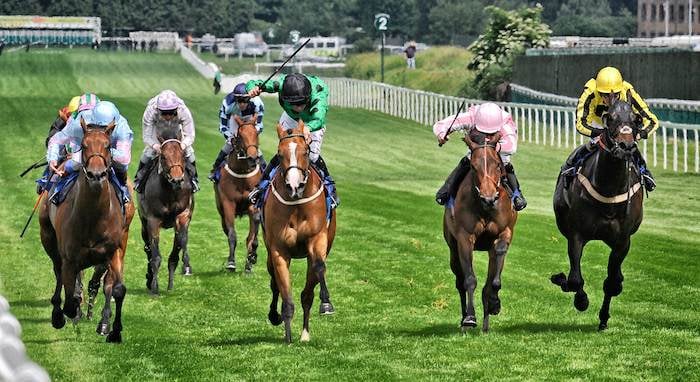

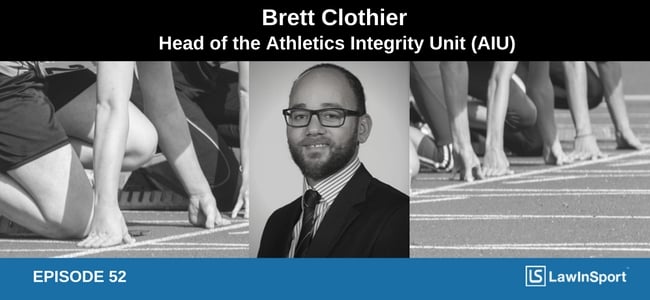
 Global Summit 2024
Global Summit 2024